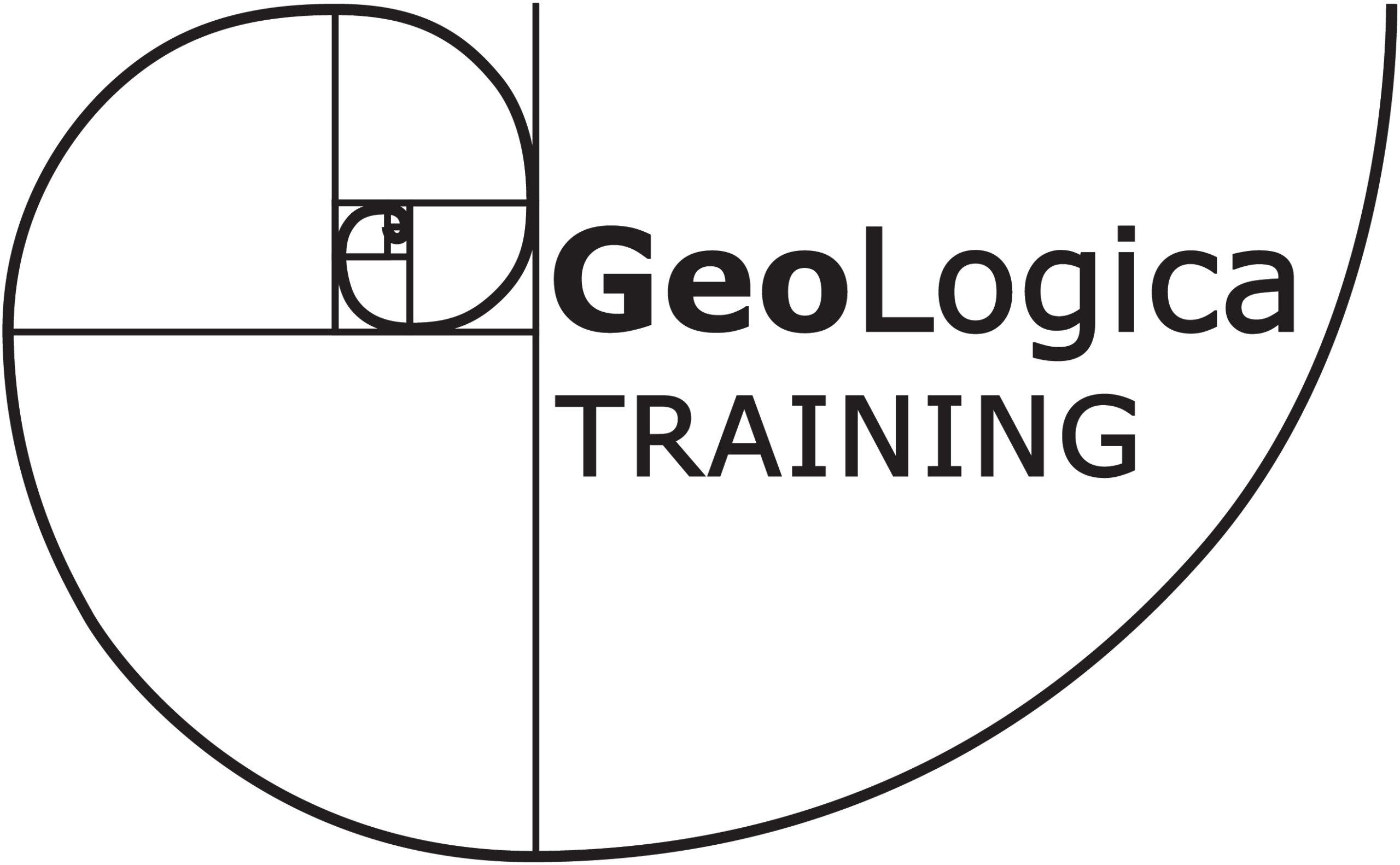Tutor(s)
Eric Gaucher: CEO, Lavoisier H2 Geoconsult and RockyH2.
Jean Gaucher: Development Officer, Lavoisier H2 Geoconsult.
Overview
The last few years has seen a growing interest in natural hydrogen accumulations. We know that there are a variety of processes that can lead to hydrogen being produced in the Earth’s crust but there is much still to understand about these, how much is perhaps present in subsurface stores and where these accumulations are. Commercial exploitation will also need to assess the engineering challenges for extracting this hydrogen and ultimately how best it can be utilised as part of the changing face of our modern energy landscape. This course will give an integrated view on the economic, strategic and scientific aspects of natural hydrogen exploration and its perspectives.
Duration and Logistics
Virtual version: Four 3.5-hour online sessions presented over four days comprising a mix of lectures, exercises, case studies and discussion. The course manual will be provided in digital format.
Fieldtrip version: A 5-day field course located in Pau, France with a focus on the geological aspects of natural hydrogen.
Level and Audience
Fundamental. The course is largely aimed at geologists interested in natural hydrogen occurrences but the trainers able to adapt the level of the course to the requirements of the attendees.
Exertion Level
This class requires and EASY exertion level. Travel is by small coach and there are hikes of less than 10 minutes in duration (less than 1 km) on well-graded terrain in the foothills of the Pyrenees.
Objectives
You will learn to:
- Evaluate the different types of hydrogen and the origins of natural hydrogen.
- Characterise the strategies for the exploration of natural hydrogen.
- Clarify and organize the different technical steps of a natural hydrogen exploration programme.
- Appraise the geological, geochemical and geophysical tools that can be used for natural hydrogen exploration.
- Assess the co-production of natural hydrogen with geothermal resources, Helium and the mining industry.
- Assess the techno-economic evaluation of natural hydrogen.
Course Content
- Course introduction and safety briefing
Overnight Pau
Classroom:
- Introduction – Hydrogen definitions and natural hydrogen origins
Pyrenees case study
Fieldwork:
- General overview of the Pyrenees geology, outcrops of the kitchen, soil gas analysis and water degassing – foothills of the Pyrenees.
Overnight Pau
Classroom:
- Oman, New Caledonia, Mali, Kansas, Swiss & Lorraine (France) case studies
Fieldwork:
- Visit the potential reservoir rocks and caprocks – foothills of the Pyrenees.
Overnight Pau
Classroom:
- Co-production with geothermal resources, Helium, Lithium, mine industry, CO2 storage
- Advanced strategies for natural hydrogen exploration
- Further research – Numerical Model with Phreeqc
Fieldwork:
- Geochemistry – demonstration of gas and soil sampling equipment – Sauveterre de Béarn
Overnight Pau
Classroom:
- Techno-economic evaluation of natural hydrogen
- Case study – Cases proposed by the customer and challenged by LH2G with a reflection on the methodology seen in the previous days
Participants free to depart late afternoon or the following day
